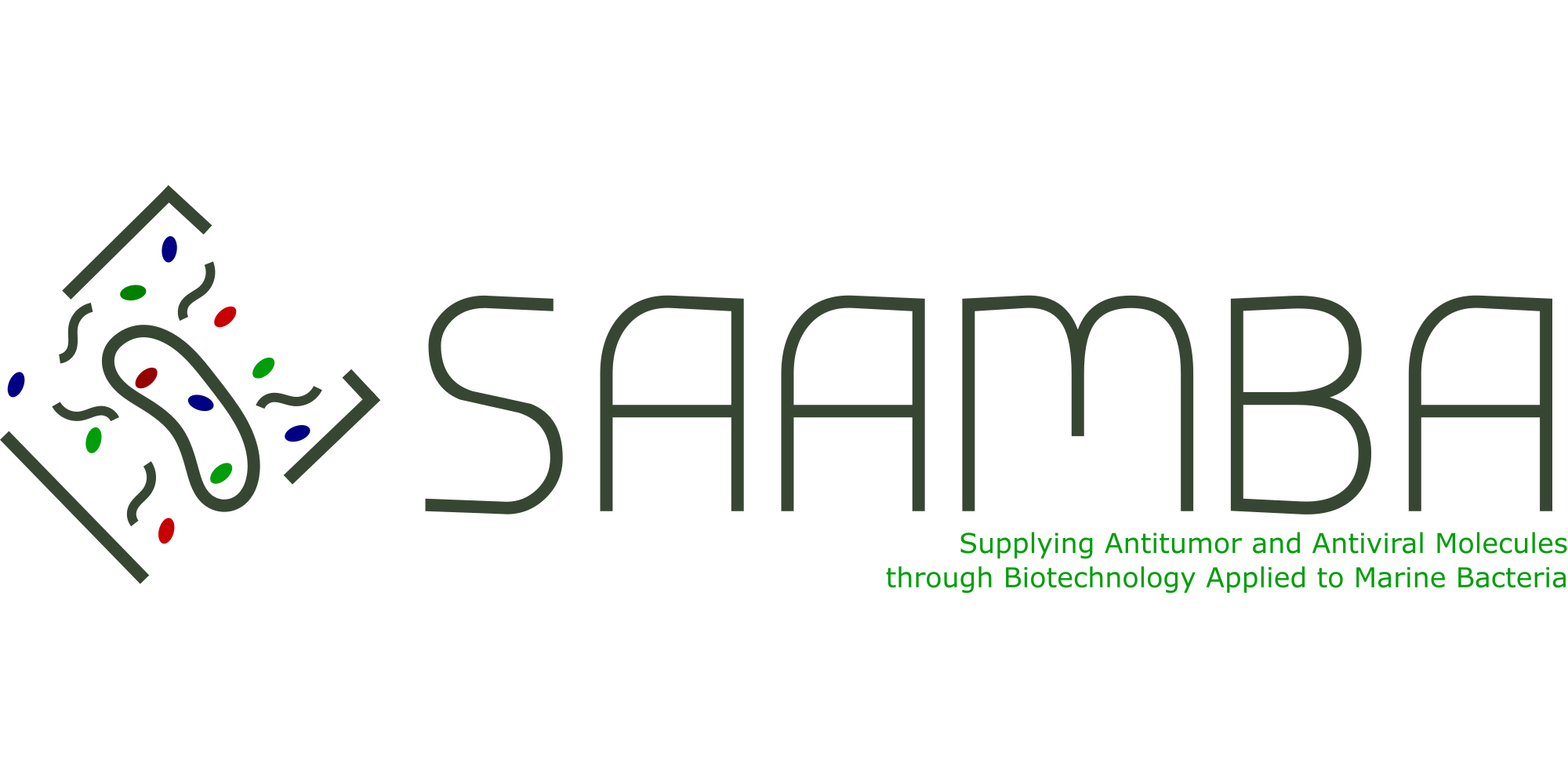
PharmaMar will lead the SAAMBA project, in collaboration with two major Spanish research centers belonging to the Spanish National Research Council (CSIC). This project aims to develop innovative bioprocesses to increase the productivity of bioactive metabolites of marine origin from rare bacteria isolated by PharmaMar. This consortium seeks to advance the bioproduction of these compounds to a scale that allows them to reach industrial viability for future pharmaceutical developments.
The project, with a budget of 2.43 million euros, is supported and financed by the State Research Agency, which is part of the Ministry of Science and Innovation. It is funded through the call for public-private collaboration projects, including ERDF funds' co-financing.
PharmaMar's R&D Microbiology Department will be joined by the research groups of Dr. Beatriz Galán of the Margarita Salas Center for Biological Research and Dr. Juan Nogales of the National Biotechnology Center, both attached to the CSIC, two leaders in synthetic biology and microbiology. During the project, advanced systems and synthetic biology technologies will be applied to improve the production of marine metabolites with therapeutic applications, especially in the oncological and antiviral fields.
SAAMBA will focus specifically on designing large-scale fermentation and extraction processes to produce metabolites from marine bacteria of industrial interest. As the main proof of concept, the project will investigate the compound labrenzin, produced by a marine bacterium of the Labrenzia species.
The main objective of SAAMBA is to design a robust bioprocess based on systems and synthetic biology tools that will enable the industrial production of drugs derived from marine bacterial strains. This breakthrough will open new opportunities in the sustainable production of bioactive compounds with high pharmaceutical potential.
Project CPP2023-010641 funded by MCIU/ AEI / 10.13039/501100011033 / FEDER, UE)

